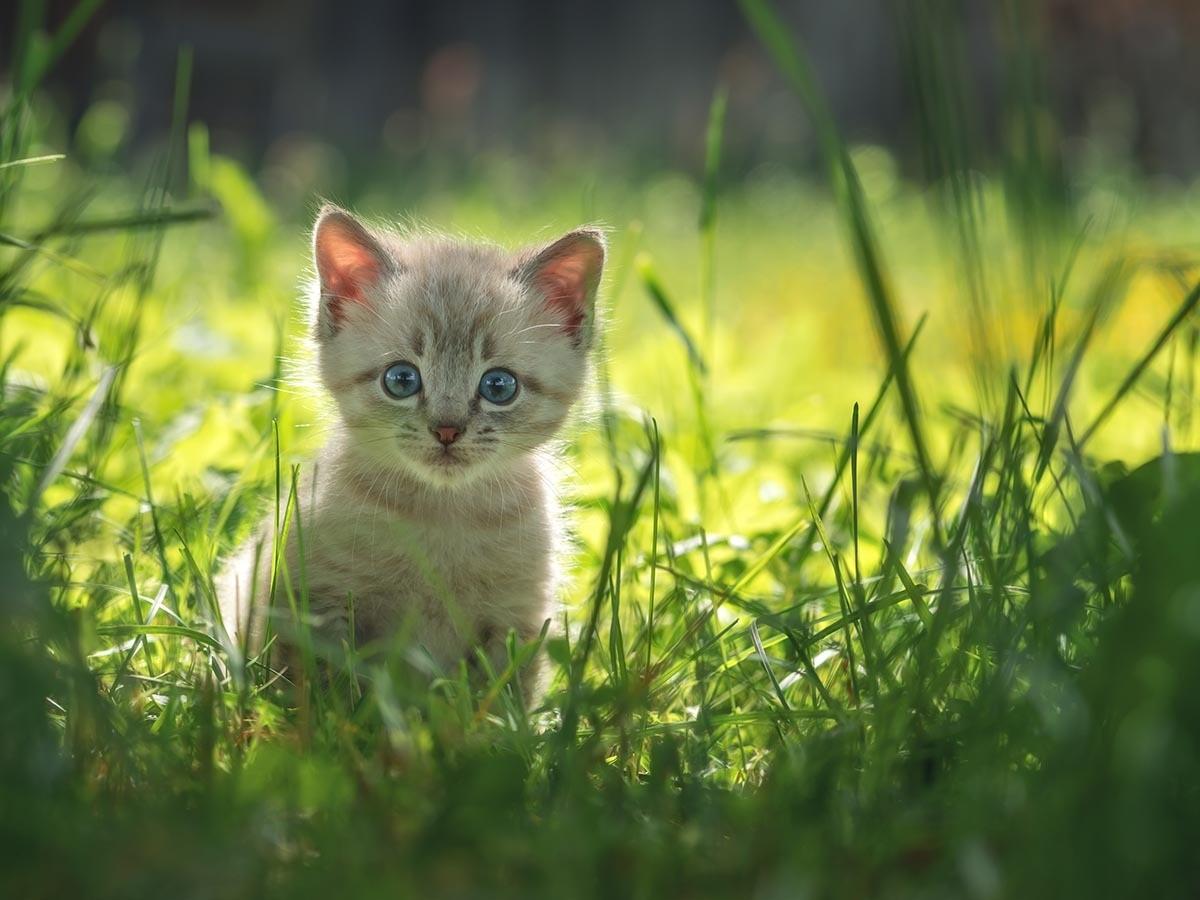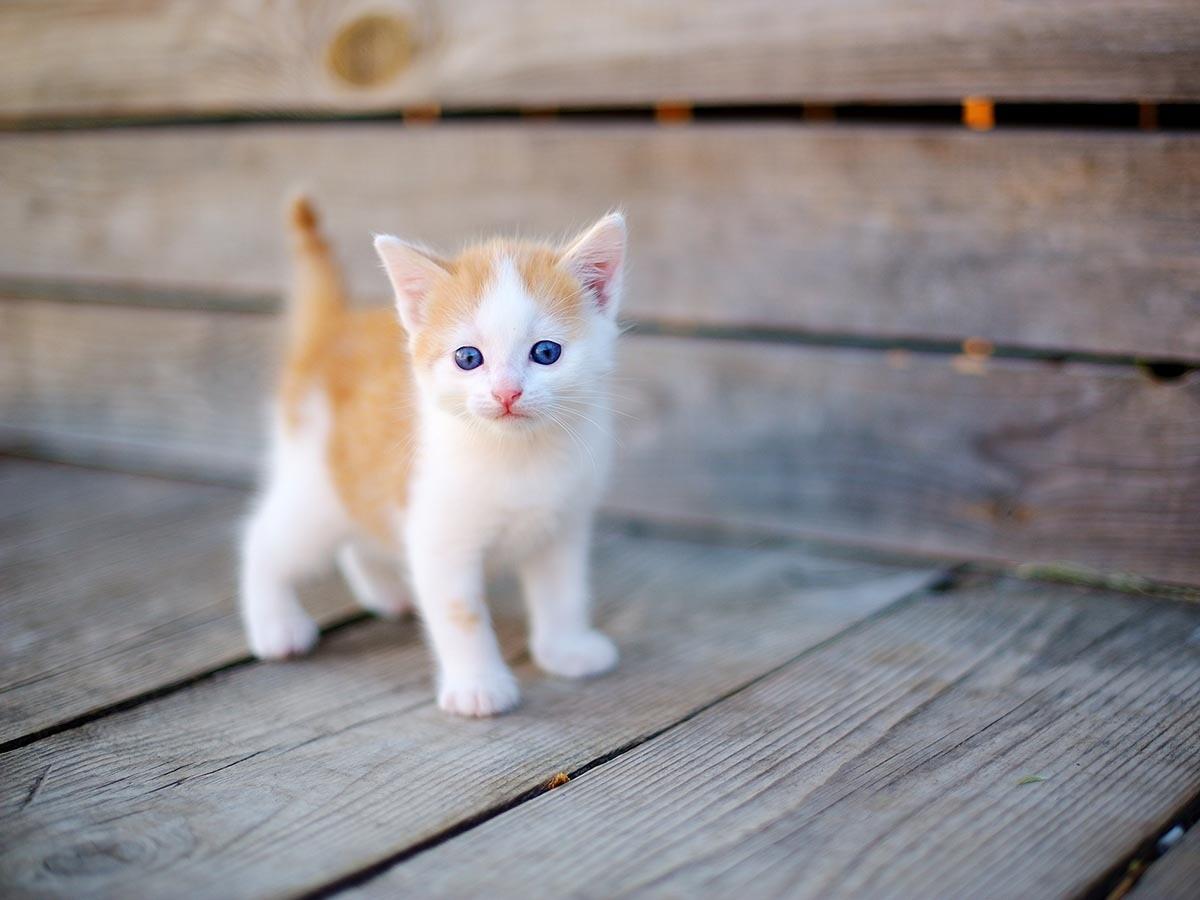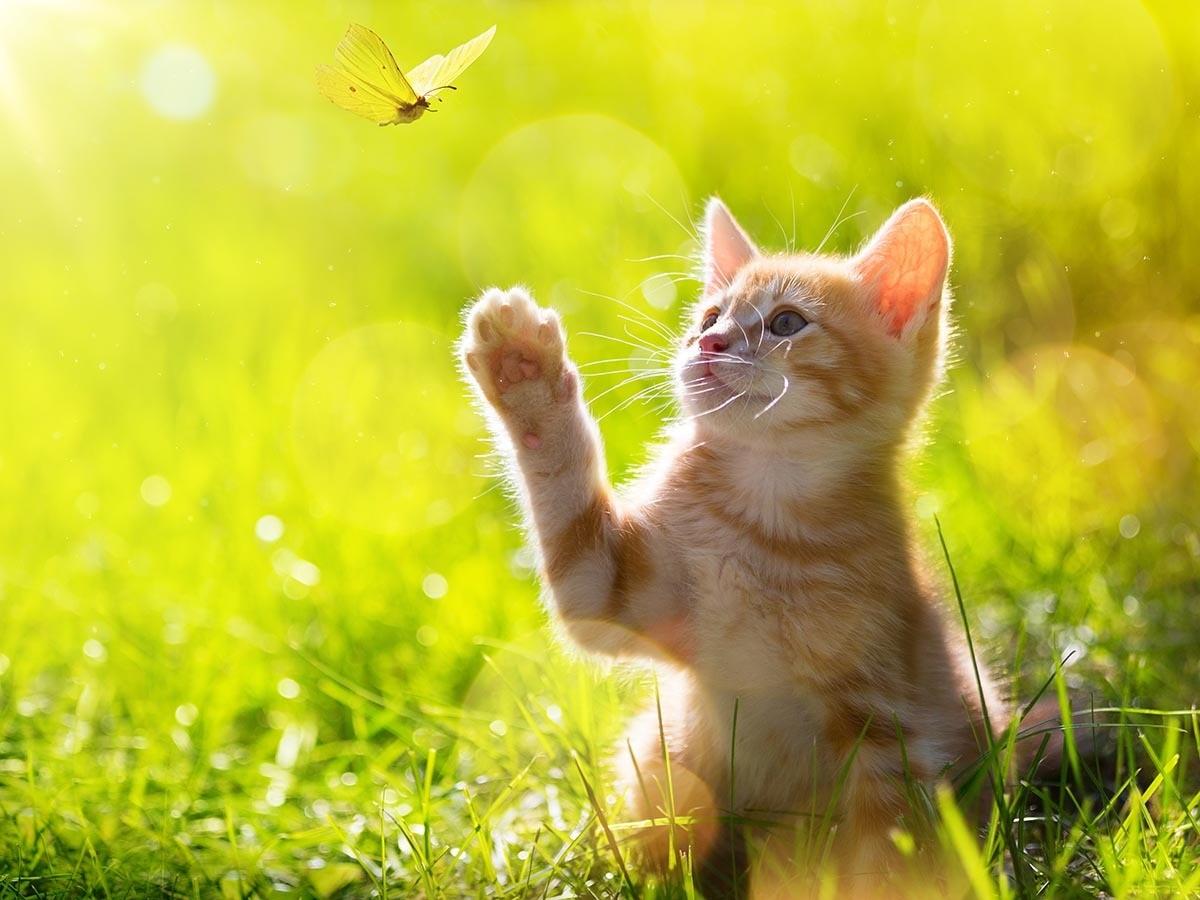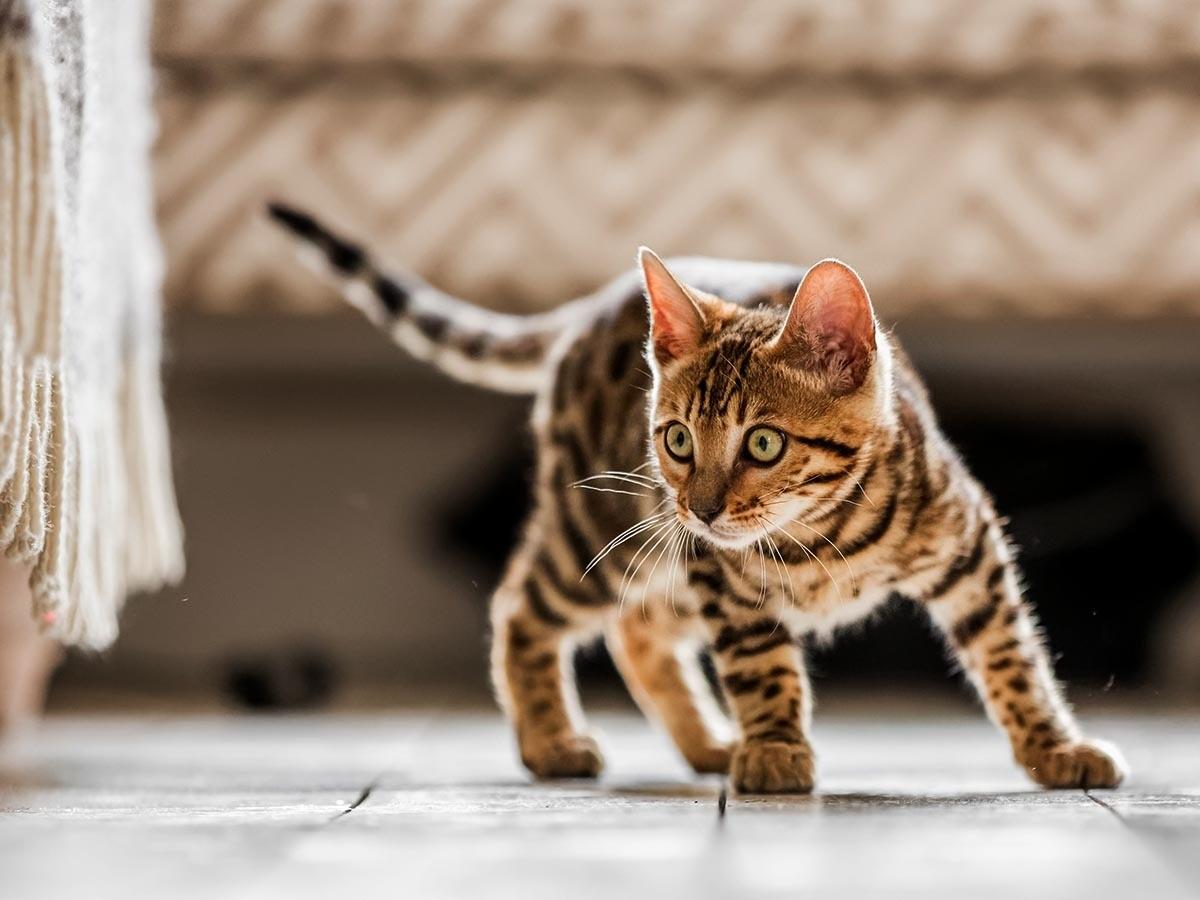Kittens are bundles of boundless energy and playful antics. While adorable, the whirlwind of kittenhood can often be exhausting for pet parents and leave them wondering if and when their little hurricanes might start to settle down. Understanding the stages of kitten development can help cat parents navigate those crazy kitten months until they can enjoy a calmer, more mature feline companion.
Kitten Energy and Development
Newborns (0-4 weeks): Focused primarily on nursing and sleeping, their movements are limited.
Exploration Begins (4-8 weeks): Coordination improves, sparking playful exploration, chasing toys, and pouncing on littermates.
The "Zoomies" Phase (8-12 weeks): Often the most energetic period! Kittens may dash around, climb unexpected places, and generally engage in playful chaos.
Adolescents (12 weeks – 6 months): While still energetic, kittens gain better control of their movements and focus on honing their pretend-hunting skills.
Young Adults (6 months – 2 years): Activity levels begin to stabilize for most kittens. Individual personality, breed, and lifestyle become significant factors in how playful they remain.
Adult Cats (2 - 10 years): Energy levels continue to vary. Some adult cats stay playful, while others become more content with leisurely naps.
Senior Cats (10+ years): Senior cats naturally slow down, preferring shorter bursts of activity and prioritizing rest.

Navigating the High-Energy Kitten Phase
Playtime is Essential: Engage in at least two 15-minute interactive play sessions daily. Use toys that mimic prey to satisfy their hunting instincts.
Enrich Their Environment: Provide cat trees, scratching posts, puzzle toys, and safe hiding spots to keep them physically and mentally stimulated.
Offer Retreats: Kittens need cozy places to rest when they're tired, helping prevent overstimulation.
Positive Redirection: If your kitten engages in unwanted behaviors, redirect them towards appropriate cat toys or activities.
Consult Your Vet: Rule out possible medical causes for persistent hyperactivity.

Kitten-proofing for Safety and Sanity
Kitten curiosity knows no bounds! As your kitten's energy levels peak, it's essential to take steps to protect both your belongings and your furry friend. Here's how:
Avoid Small or Sharp Objects: Keep the floor clear of small items that your kitten might try to swallow, leading to injuries or choking. This includes things like buttons, coins, hair ties, and sharp objects like needles or pins.
Restrict Access: Block off areas with potential hazards like electrical cords, toxic houseplants, open cleaning supplies, or small spaces where they could get trapped.
Kitten-Friendly Alternatives: Provide safe alternatives for exploration, such as cat-safe plants, cardboard boxes, and designated "kitten zones" in your home.

Frequently Asked Questions
Why is my kitten so hyper? Kittens are hyper because they’re still developing, learning, and exploring the world around them. Their high energy levels are normal and help them build coordination, strength, and social skills.
At what age do kittens usually calm down? Kittens "annoying" behaviors (from a human perspective), like biting, scratching furniture, and attacking feet, often stem from a lack of appropriate outlets for their energy. With time, proper training, and enrichment, most kittens start to show signs of calming down between the ages of 6 - 12 months.
How can I help my kitten calm down? Calm a hyper kitten with daily play sessions, interactive toys, and a consistent routine to channel their energy appropriately.
Why does my kitten get the “zoomies”? Kittens get the zoomies because they have bursts of pent-up energy that come from playfulness, excitement, or leftover hunting instincts. It’s completely normal and usually happens when they need to release that energy.
Do kittens calm down after being spayed or neutered? Yes, many kittens become a bit calmer after being spayed or neutered, especially as hormonal behaviors decrease. However, they will still have plenty of playful energy typical of their age.
Is my kitten’s hyper behavior a sign of a medical issue? Normal kitten hyperactivity is playful and usually follows a pattern of bursts followed by rest. If your kitten is constantly restless, can’t settle, or shows signs of stress, aggression, or compulsive behavior, consult your vet to rule out medical or behavioral concerns.
What is the hardest age for kittens? Many owners find the 8-to-12-week period the most challenging. Kittens have seemingly endless energy but lack coordination, leading to regular mishaps and messes.
At what age are kittens naughtiest? While every kitten develops at its own pace, the peak hyperactivity phase typically occurs around 3 to 4 months of age. During this time, kittens are more coordinated and their natural predatory instincts start to kick in, leading to a surge in playful energy.
What is the 3-3-3 rule for kittens? The 3-3-3 rule refers to the common adjustment timeline for adopted pets: 3 days to decompress, 3 weeks to begin settling in, and 3 months to feel fully at home and bonded with their new family.
How Can Kitten Insurance Help
Even healthy kittens still need to see the vet for checkups and vaccinations. At Spot, we know curious kittens can get unexpectedly hurt or sick. That's why we offer customizable plans to fit your kitten's needs and your budget! Choose an accident-only or accident and illness base plan; and select your deductible, reimbursement rate, and annual limit from a range of options. Spot’s preventive care add-on options can also help cover the eligible costs of routine veterinary services like wellness exam fees, vaccinations, spaying or neutering, and more, for an additional fee. Learn more about kitten insurance or get a free quote today!

I've had the privilege of immersing myself in the realm of pet safety. As the owner of an energetic mini golden doodle, I know just how stressful being a pet owner can be. I am dedicated to ensuring our beloved pets enjoy a life brimming with good health.












